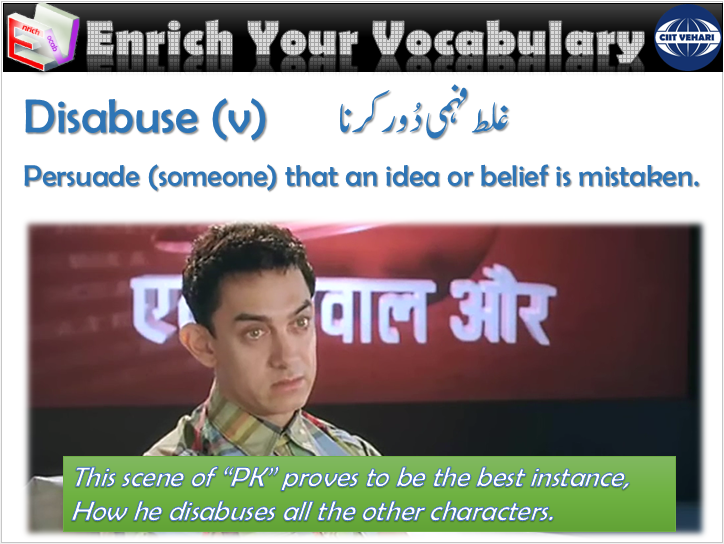Subject + v1 (or v1 with s/es) + object. (v1=base form of verb)
Note!
If the subject is ‘I’ or some plural use only first form of the verb; but if the subject is some singular except ‘I’ use first form of verb with s/es/ies.
Negative sentence:
Subject + do /does not + v1 + object.
Interrogative sentence:
Do/ does + subject + v1 +object+?
Note!
If the subject is “I” or some plural use “do” but if the subject is some singular except “I” use “does”.
Affirmative:
I serve.
We serve.
You serve.
He serves.
They serve.
Negative:
I do not serve.
We do not serve.
You do not serve.
He does not serve. (Don’t put 's' with serve)
They do not serve.
Interrogative:
Do I serve?
Do we serve?
Do you serve?
Does he serve?
Do they serve?
Use
We use the present tense to talk about:
Something that is true in the present:
I’m nineteen years old.
He lives in London.
I’m a student.
Something that happens again and again in the present:
I play football every weekend.
We use words like sometimes, often. Always, and never (adverbs of frequency) with the present tense:
I sometimes go to the cinema.
She never plays football.
Something that is always true:
The adult human body contains 206 bones.
The sun rises in the East.
Something that is fixed in the future.
The school term starts next week.
The train leaves at 19:45 this evening.
We fly to Paris next week.
Questions and negatives
Look at these questions:
Do you play the piano?
Where do you live?
Does Jack play football?
Where does he come from?
Do Rita and Angela live in Manchester?
Where do they work?
With the present tense, we use do and does to make questions. We use does for the third person (she/he/it) and we use do for the others.
We use do and does with question words like where, what and why:
But look at these questions with who:
Who lives in London?
Who plays football at the weekend?
Who works at Liverpool City Hospital?
Look at these sentences:
I like tennis, but I don’t like football. (Don’t = do not)
I don’t live in London now.
I don’t play the piano, but I play the guitar.
They don’t work at the weekend.
John doesn't live in Manchester. (Doesn't = does not)
Angela doesn't drive to work. She goes by bus.
“Do” and “does” is to make negatives. We use does not (doesn't) for the third person (He /She/it) and we use do not (don’t) for the others.
Note!
Present simple and present indefinite are the same things.





